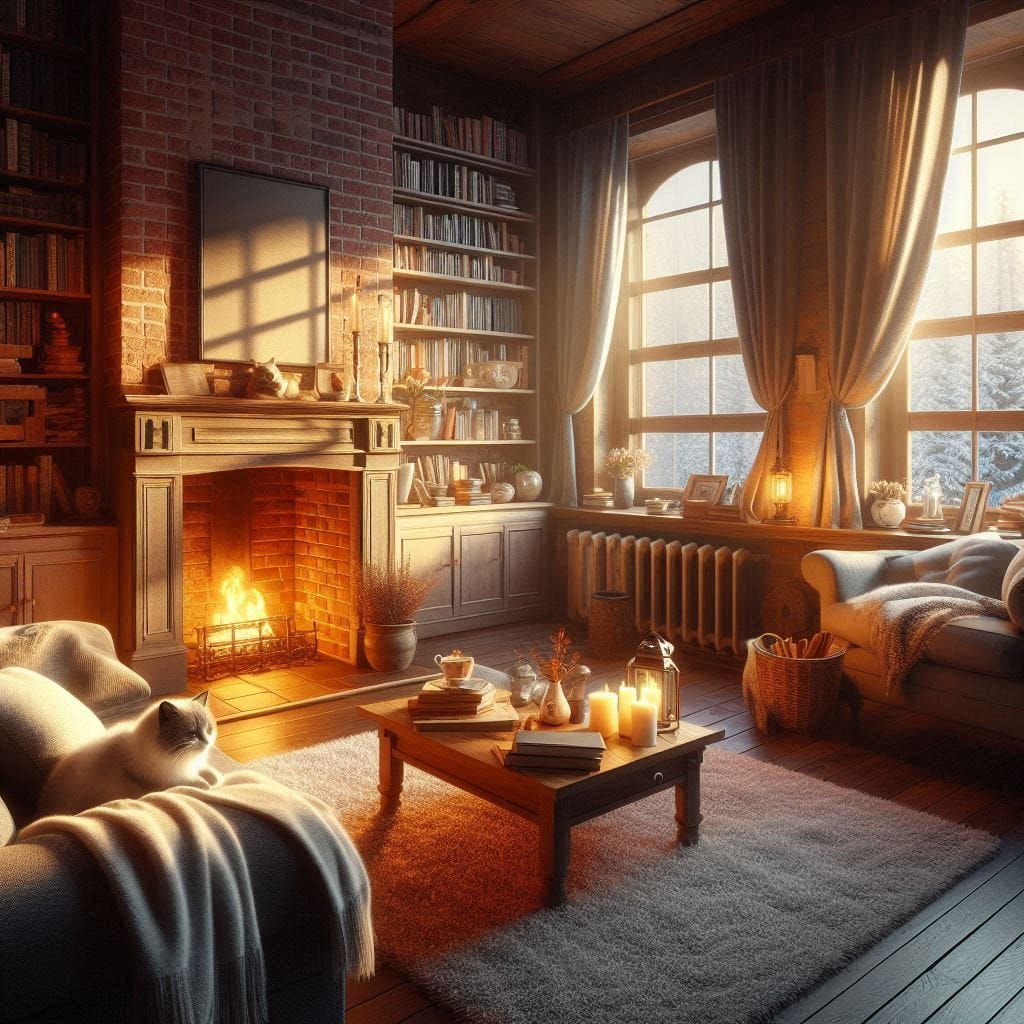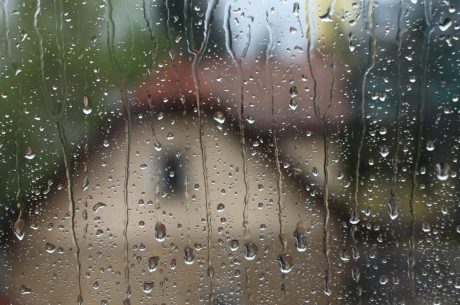Table of Contents
Introduction
Fires: As the cold season approaches, many of us turn to cozy winter warmers such as space heaters, fireplaces, and heated blankets to keep our homes comfortable. While these methods provide much-needed warmth, they also come with significant fire risks if used improperly. In fact, home fires spike during the winter months due to the increased use of heating equipment.
Understanding the common types of fires associated with winter warmers and how to prevent them can keep you safe when the temperatures drop. When disaster strikes, PuroClean Disaster Restoration is here to help you rebuild your life. For immediate assistance with fire damage restoration, contact PuroClean Disaster Restoration, Call (+1) 317-467-4436.
In this blog, we’ll explore the most frequent causes of home fires in cold weather, share insights into the dangers of specific winter warmers, and offer tips on how to minimize your risk.

1. Space Heater Fires: A Convenient but Dangerous Solution
Space heaters are one of the most popular ways to heat small areas of a home during winter, but they are also responsible for a significant portion of home fires. According to the National Fire Protection Association (NFPA), space heaters account for nearly 40% of home heating fires and 84% of home heating fire deaths.
Causes of Space Heater Fires:
– Proximity to Flammable Materials: Placing a space heater too close to combustible items such as furniture, curtains, or bedding is a leading cause of fires. These materials can ignite within minutes of exposure to high heat.
– Overheating and Malfunctioning: Older or poorly maintained space heaters can overheat or experience electrical malfunctions, sparking a fire.
– Improper Use of Extension Cords: Space heaters draw a large amount of electrical current. Plugging them into an extension cord or power strip not designed for high wattage can cause overheating and fires.
Prevention Tips:
– Keep a minimum three-foot clearance around space heaters from anything that can burn.
– Always plug space heaters directly into a wall outlet instead of an extension cord.
– Invest in newer models with automatic shut-off features that activate if the heater tips over or overheats.

Fireplace Fires: Cozy Ambiance with Hidden Hazards
A roaring fireplace adds a warm, inviting ambiance to any home. But if fireplaces are not properly maintained, they can quickly become fire hazards.
Causes of Fireplace Fires:
– Creosote Build-Up: Over time, burning wood can cause creosote, a highly flammable byproduct, to accumulate in the chimney. If not regularly cleaned, this build-up can ignite and cause a chimney fire.
– Flying Embers: Unattended fireplaces can allow sparks or embers to fly out onto nearby carpets or furniture, igniting a fire.
– Improper Use of Flammable Liquids: Attempting to start or stoke a fire with gasoline or lighter fluid can cause an uncontrollable fire explosion.
Prevention Tips:
– Have your chimney inspected and cleaned by a professional annually.
– Use a fireplace screen to prevent embers from escaping.
– Never leave a fire unattended, especially when burning overnight or when leaving the house.
Candle Fires: Small Flames, Big Risk
Candles are often used in winter to create a cozy atmosphere, but they are also a common cause of house fires, especially during the holiday season.
Causes of Candle Fires:
– Leaving Candles Unattended: The leading cause of candle-related fires is simply forgetting to blow them out before going to bed or leaving the room.
– Proximity to Flammable Materials: Placing candles near curtains, bedding, or holiday decorations can result in accidental fires.
– Tip-Over Accidents: Candles that are placed in unstable holders or knocked over by pets or children can easily start a fire.
Prevention Tips
– Always extinguish candles before leaving the room or going to sleep.
– Keep candles at least 12 inches away from anything flammable.
– Use flameless candles as a safer alternative, especially if you have pets or small children.
Kitchen Fires: Winter Cooking Gone Wrong
Winter often brings holiday gatherings, which means more cooking. Unfortunately, the kitchen is one of the most common places for home fires to start during cold weather.
Causes of Kitchen Fires:
– Unattended Cooking: The leading cause of kitchen fires is unattended cooking. Whether it’s a forgotten pot on the stove or something left too long in the oven, distractions can quickly lead to disaster.
– Overheated Cooking Oil: Oil that overheats can ignite in seconds, causing a fire that spreads rapidly across the kitchen.
– Appliance Malfunctions: Worn-out kitchen appliances, especially older ovens and stovetops, can malfunction and cause fires.
Prevention Tips:
– Never leave the kitchen unattended while cooking, especially when using high heat or oil.
– Keep a lid nearby to smother a grease fire if it starts.
– Regularly inspect and replace worn-out appliances to avoid malfunctions.
Electrical Fires: Overloaded Circuits and Faulty Wiring
As temperatures drop, the use of electrical devices often increases, with everything from space heaters and heated blankets to holiday lights putting a strain on household circuits. This heightened use of electricity can sometimes lead to electrical fires.
Causes of Electrical Fires:
– Overloaded Circuits: Plugging too many devices into a single outlet can cause the wiring to overheat and spark a fire.
– Old or Faulty Wiring: Homes with outdated electrical systems are at a higher risk of electrical fires, as the wiring may not be able to handle modern electrical loads.
– Damaged Cords: Frayed or damaged electrical cords can short-circuit and ignite nearby materials.
Prevention Tips:
– Avoid overloading outlets with multiple high-wattage devices.
– Have a licensed electrician inspect your home’s wiring if it’s more than 20 years old.
– Regularly check cords for signs of wear and tear, and replace damaged cords immediately.
Furnace Fires: Heating Systems that Pose a Threat
Furnaces are vital for maintaining warmth in your home during the winter, but improper maintenance can make them dangerous.
Causes of Furnace Fires:
– Lack of Maintenance: Dust, dirt, and debris can accumulate in the furnace over time, potentially leading to overheating and fires.
– Gas Leaks: A faulty or old furnace may leak gas, which is highly flammable and can cause an explosion if it comes into contact with a spark.
– Blocked Vents: Obstructed furnace vents can trap heat and cause a fire hazard.
Prevention Tips:
– Schedule annual furnace inspections and tune-ups by a licensed professional.
– Install carbon monoxide detectors near your furnace to alert you to gas leaks.
– Keep vents clear and make sure there is no clutter around your furnace.
Heated Blanket and Heating Pad Fires: Comfort with a Catch
Heated blankets and heating pads offer a cozy solution to cold winter nights, but they come with fire risks if not used properly.
Causes of Heated Blanket and Pad Fires:
– Faulty Wiring or Overheating: Older or poorly made electric blankets can develop internal wiring issues or overheat, which can lead to a fire.
– Improper Storage: Folding or crumpling electric blankets and heating pads can damage the wiring, making them more likely to spark.
– Extended Use: Leaving heated blankets on for extended periods, especially while sleeping, can increase the risk of overheating and fire.
Prevention Tips:
– Replace electric blankets and heating pads every few years or as soon as they show signs of wear.
– Avoid folding or bunching heated blankets, and store them flat.
– Never leave heated blankets or pads on for long periods, and avoid using them while you sleep.
Conclusion
Winter warmers can make the colder months more comfortable, but they also come with inherent fire risks if not handled properly. By being aware of the common causes of home fires during cold weather and taking proactive steps to prevent them, you can stay safe and warm without the worry of a disaster. Remember to maintain your heating equipment, monitor open flames, and always prioritize fire safety when using winter warmers.
Staying vigilant about potential fire hazards can make all the difference in keeping your home and loved ones safe this winter.



 PuroClean Disaster Restoration
PuroClean Disaster Restoration